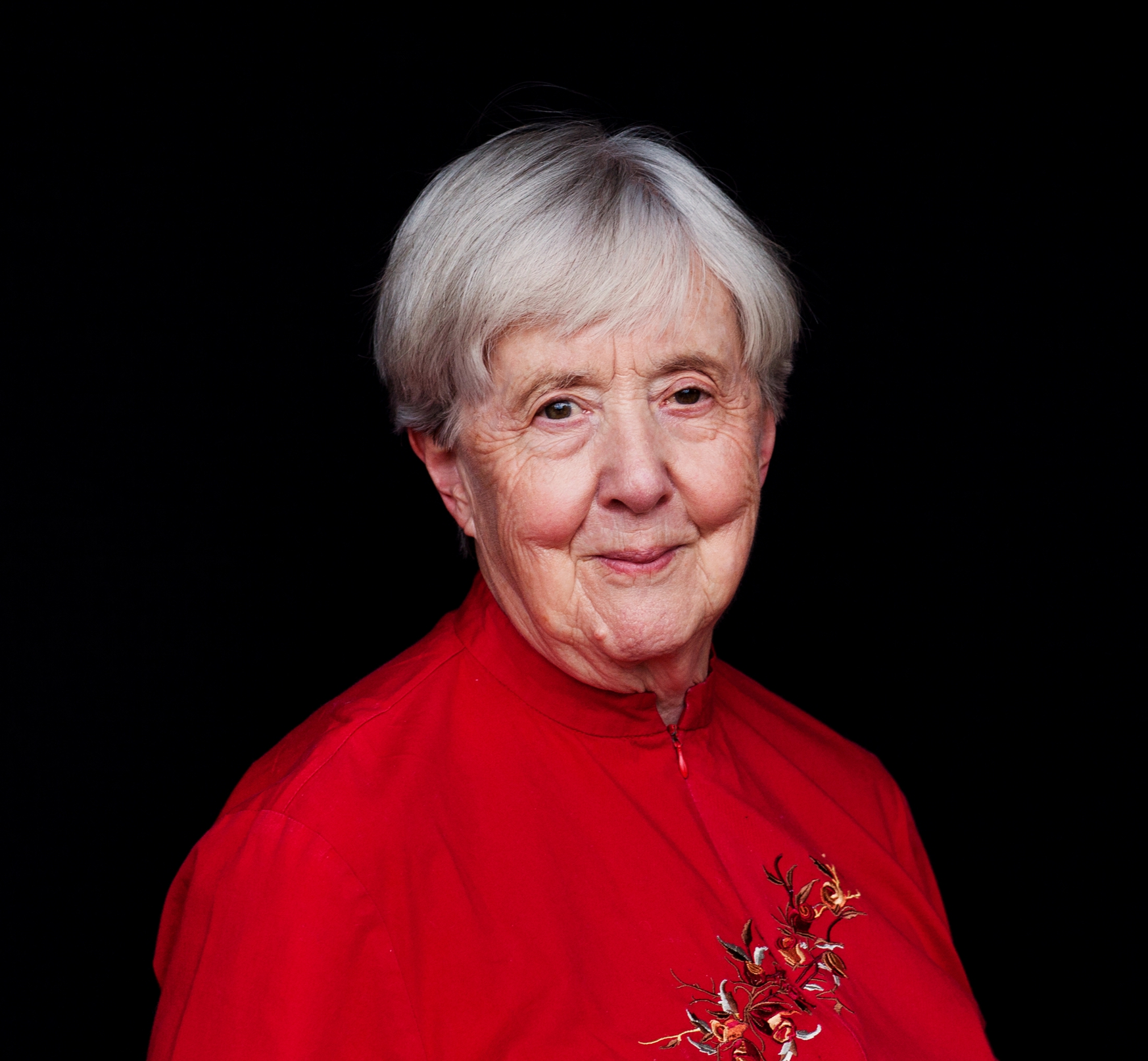IAC Culture Talks Series 2 Lecture Four: A Serious Look at Chinese Humour by Professor Jocelyn Chey (Catch up Online)
This event was held on 24 July 2024.
Abstract
Humour is a universal human attribute, but is there something special or unique about humour in Chinese life or literature? Two books, Humour in Chinese Life and Letters and Humour in Chinese Life and Culture (HKUP 2013 and 2014), are an attempt to answer this question. Humour Studies are a relatively recent field of scholarship, including insights from psychology, sociology, linguistics, education and literature. The main theories about social applications of humour apply to all cultures but there are clearly marked differences in practice and regulation. The reception, understanding and sharing of humour also depend on shared cultural knowledge.
Chinese culture has many important rules about the use of humour that are frequently at variance with practice in Australia. As recorded in literary works over the centuries, some of these rules can be traced back at least two thousand years. The world’s oldest collection of jokes, the Xiao Lin (Forest of Laughter) dates from the 3rd century BC. Humour has featured in dramas, novels and short stories over the centuries. It has some unique qualities that relate to the characteristics of the written and spoken Chinese language, and some universal features that are shared with Australians and others around the world.
The Chinese word for humour youmo is a neologism, coined from the English word. In the 1930s, its inventor Lin Yutang believed that humour should be used to moderate oppression and bureaucratic obfuscation. Counterintuitively, humour flourishes in repressive societies. It is the subversive tool of the underdog. In this century, the Internet has allowed humour to circulate faster and wider than ever before.
In the present digital age, when the world is more divided and threats of conflicts abound, humour is needed more than ever.
About the Speaker
Professor Jocelyn Chey is Adjunct Professor at the Institute for Chinese Arts and Culture, Western Sydney University of which she was the Founding Director from 2015-17. She is also Adjunct Professor at the Australia-China Relations Institute, University of Technology Sydney, and Visiting Professor at the University of Sydney. For more than 20 years she was a senior figure within the Australian Department of Foreign Affairs and Trade, where she was instrumental in helping lay the foundations for trade and cultural relations between China and Australia.
Professor Chey began her career as Lecturer in Chinese studies at the University of Sydney. She then moved to Canberra in 1973, when Australia first established diplomatic relations with China. Holding numerous roles within the Departments of Trade and Foreign Affairs, she worked to further Australia-China relations. Her many distinguished diplomatic appointments include Cultural Counsellor in the Australian Embassy in Beijing (1975–1978); Senior Trade Commissioner in the Australian Embassy in Beijing (1985–1988); and Consul-General for Australia in Hong Kong (1992–1995).
She was also the key administrative officer in the Australia-China Council at the time it was founded in 1979. From 1988–1992 Professor Chey worked outside the public sector, as Director of the China Branch of the International Wool Secretariat. She is a frequent speaker and lecturer on Chinese affairs and history and speaks fluent Mandarin and Cantonese Chinese. In November 2008 she was awarded the Australia-China Council Medal for contributions to the development of relations between Australia and China, in January 2009 she was made a Member of the Order of Australia (AM) and in November 2009 a Fellow of the Institute of International Affairs.
Professor Chey’s current research fields include cultural diplomacy with relevance to China, Taiwan and Hong Kong, and the cultural aspects of Chinese humour. She has co-authored and co-edited two books on the latter subject and published widely on cultural diplomacy and Chinese international relations.
